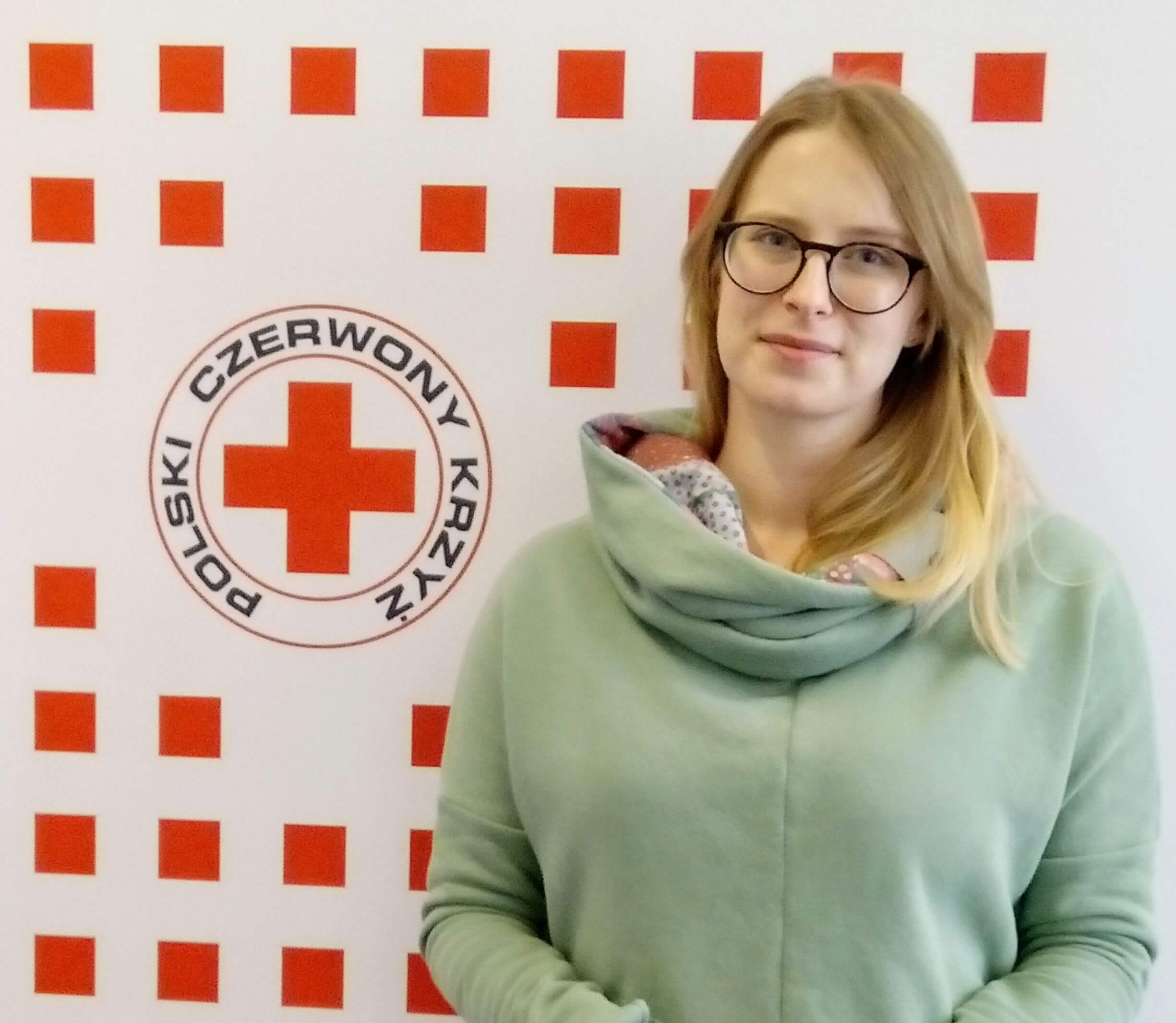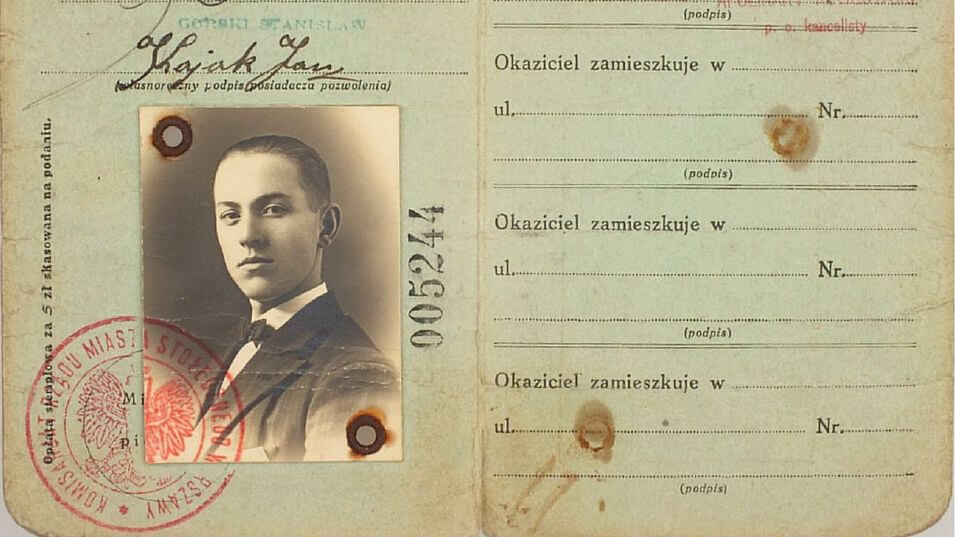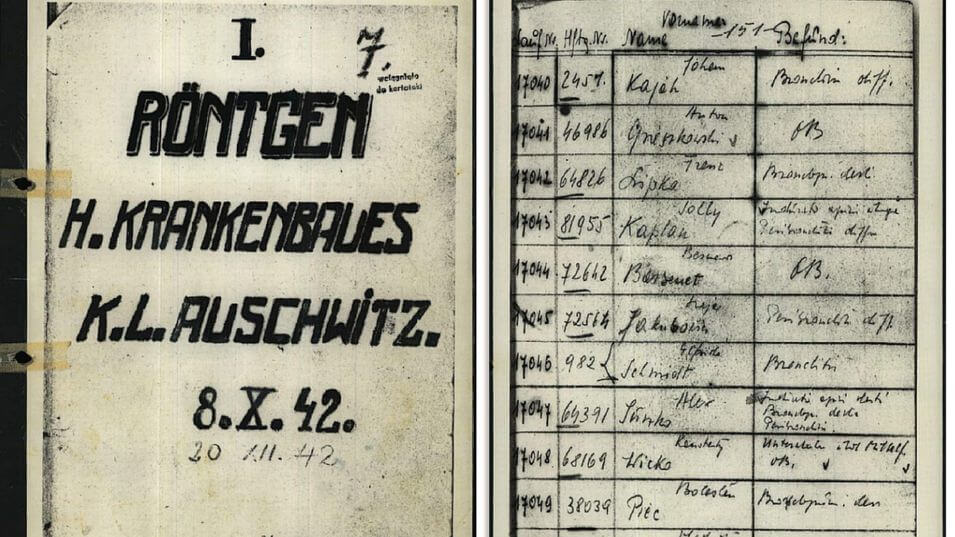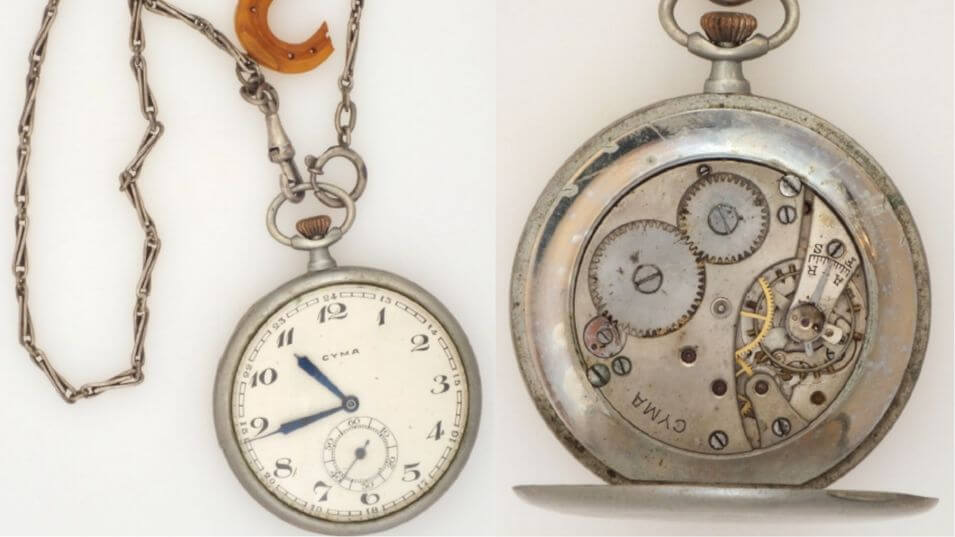Search in Poland comes to a successful conclusion
The Polish Red Cross has found four families of victims of National Socialist persecution in the past few weeks alone. This has made it possible for personal items that were stored in the Arolsen Archives to be returned to their rightful owners. All in all, the good work done by the team in Poland has resulted in about 20 families receiving important information about relatives who were imprisoned in concentration camps. Their last belongings were also returned to the families.
The Polish Red Cross has been providing the Arolsen Archives with active support since the #Stolen Memory campaign was first launched. Many families have already been found. The family of Jan Kajak, born in 1921, is one of them. The National Socialist Secret State Police admitted him to the newly built Auschwitz concentration camp in August 1940. He was 19 years old at the time. His prisoner number was “2451.” His identity card and his pocket watch were confiscated by the SS on his arrival.
The National Socialists deported Jan Kajak from Auschwitz to the Neuengamme concentration camp near Hamburg, where he was made to do forced labor. His personal belongings were handed over to the camp administration there. This was one of the normal procedures of Nazi bureaucracy. It is also how they came to be preserved, because the British Army managed to recover a few thousand of these personal effects from the Neuengamme concentration camp at the end of the war.
Why it is so important to return these things
It is thanks to Julia Wojciechowska-Fijałkowska and her colleagues from the Polish Red Cross that Jan Kajak’s pocket watch and his identity card with his passport photo could be returned to his family. The caseworker explains why it is now more important than ever to find the families and describes what it means to them. “Returning personal effects to the relatives of former prisoners is important for two different reasons. Firstly, regardless of how small or ordinary they are, these items were stolen by a criminal regime, so returning them is important in order to mitigate the injustice done to the family to a small extent at least.” However, there is also a second reason which is at least as important as the first in her experience. “The families that we find often have nothing else to remember their relatives by. They really appreciate receiving these personal items because they may be the only keepsakes to have survived the ravages of war.”

Families were often torn apart very abruptly during the Second World War, and the majority of people never returned home. We hope that returning the property of their relatives will help people to say a proper farewell at least.
Julia Wojciechowska-Fijałkowska , caseworker at the Polish Red Cross
What these things mean to the families
According to Julia Wojciechowska-Fijałkowska, families react very differently when they find out about the existence of the items. Some of them are just happy to have an opportunity to share their memories of a loved one. They are pleased to be able to pass on a family heirloom to their children and grandchildren along with their life story.
With the younger generations, there are other aspects too. “When we find people who are only distantly related to the original owners of the objects, grandchildren, or great-grandchildren, for example, they often tell us that it is a very special feeling to have real objects that enable them to connect with their family history: it is like opening a time capsule.”
Putting the pieces together to get the full story
Although the Arolsen Archives kept Jan Kajak’s personal belongings, the documents in their collections contain very few references to his life before the persecution began. Getting to know the families when we return their relatives’ personal belongings is also an opportunity to find out more about the fates of individuals. Because the families still have a wealth of knowledge about the victims of Nazi persecution. The Polish Red Cross and all the other #StolenMemory volunteers collect this kind of information and pass it on or put us in touch with the relatives. This is just one of the reasons why the Arolsen Archives see themselves as a living archive. It is more important than ever to collect these people’s stories because soon there won’t be any contemporary witnesses left to tell us about the effects of racism, antisemitism, and dictatorship.




